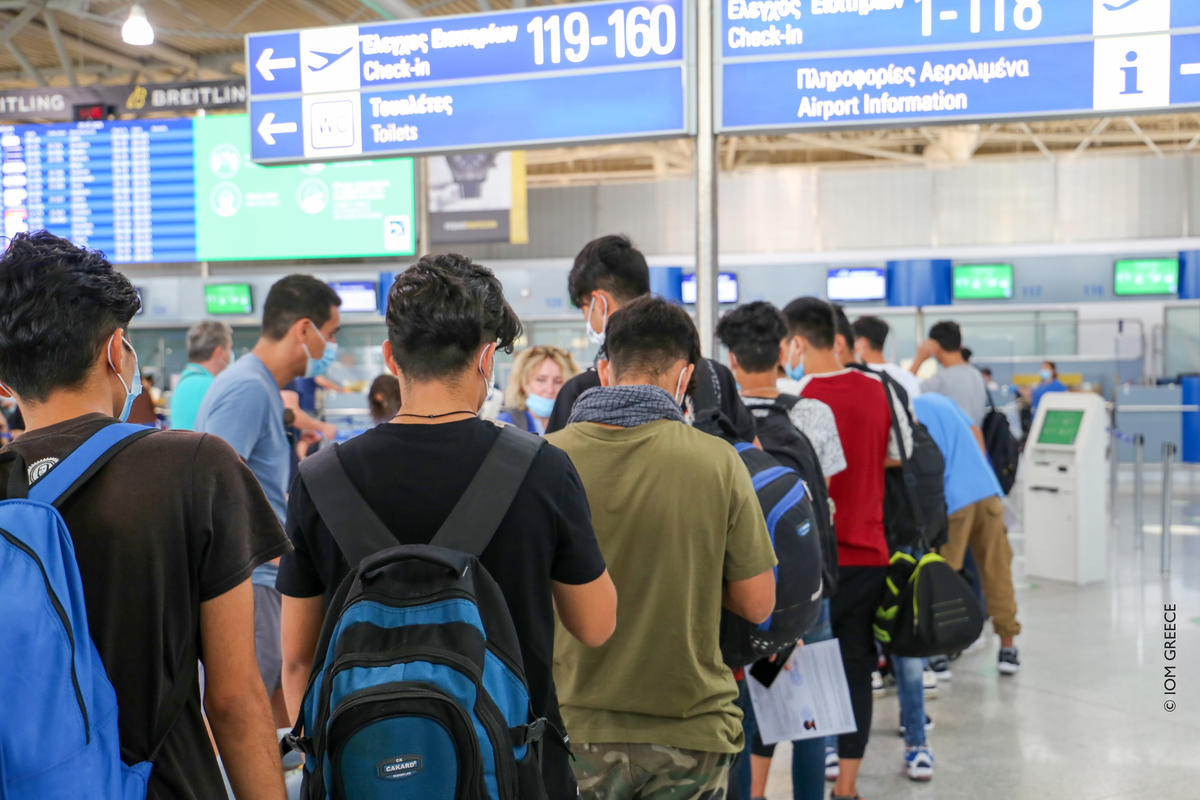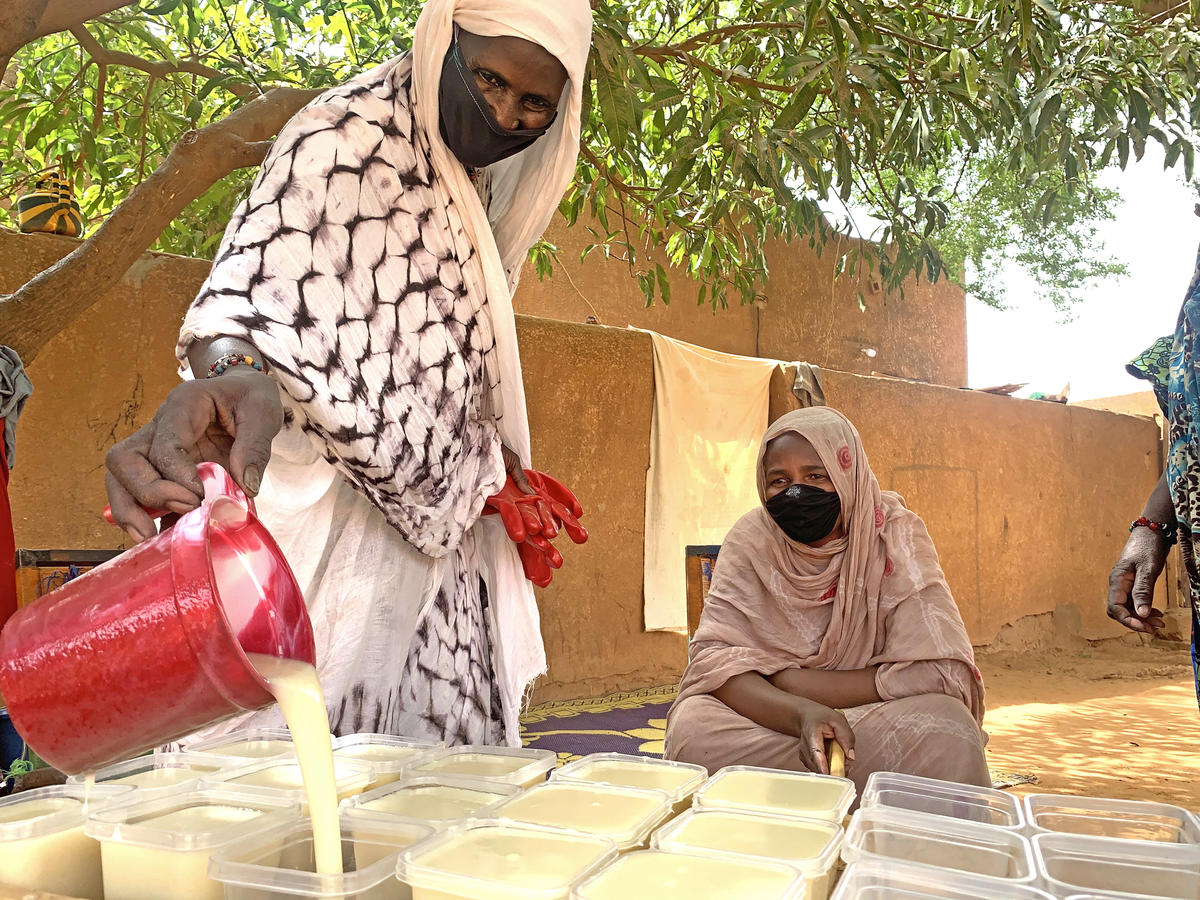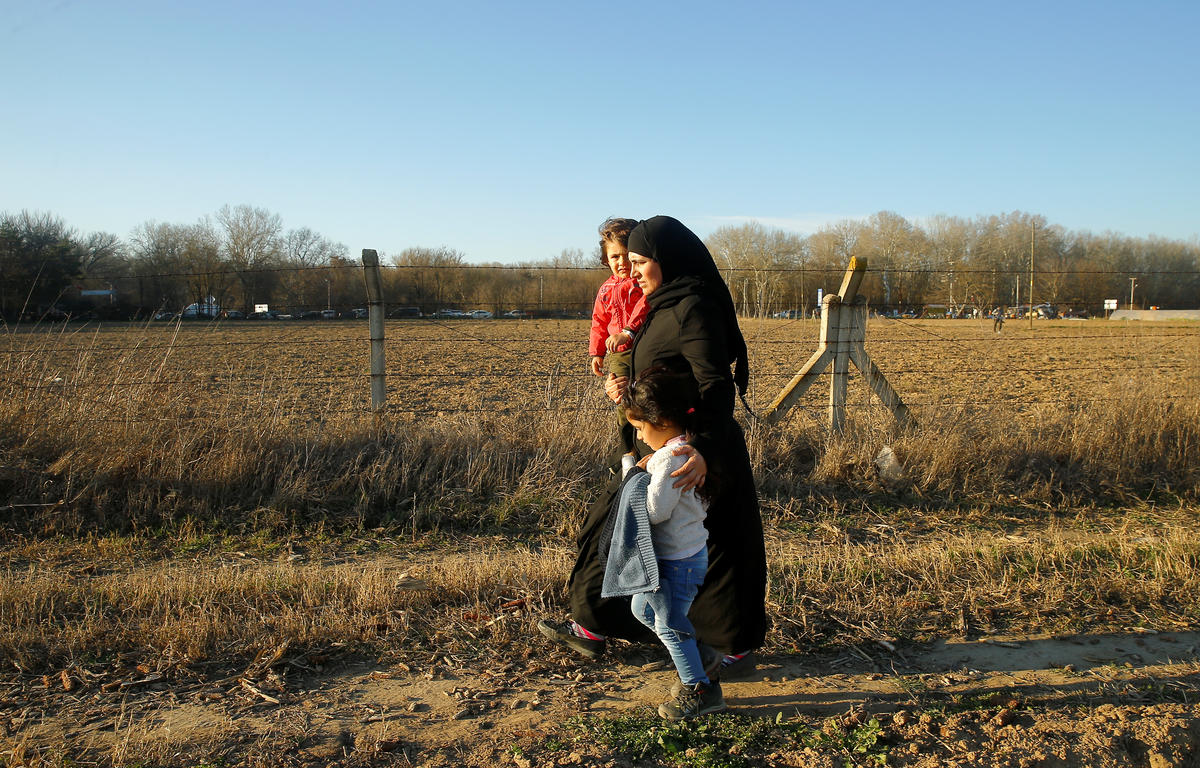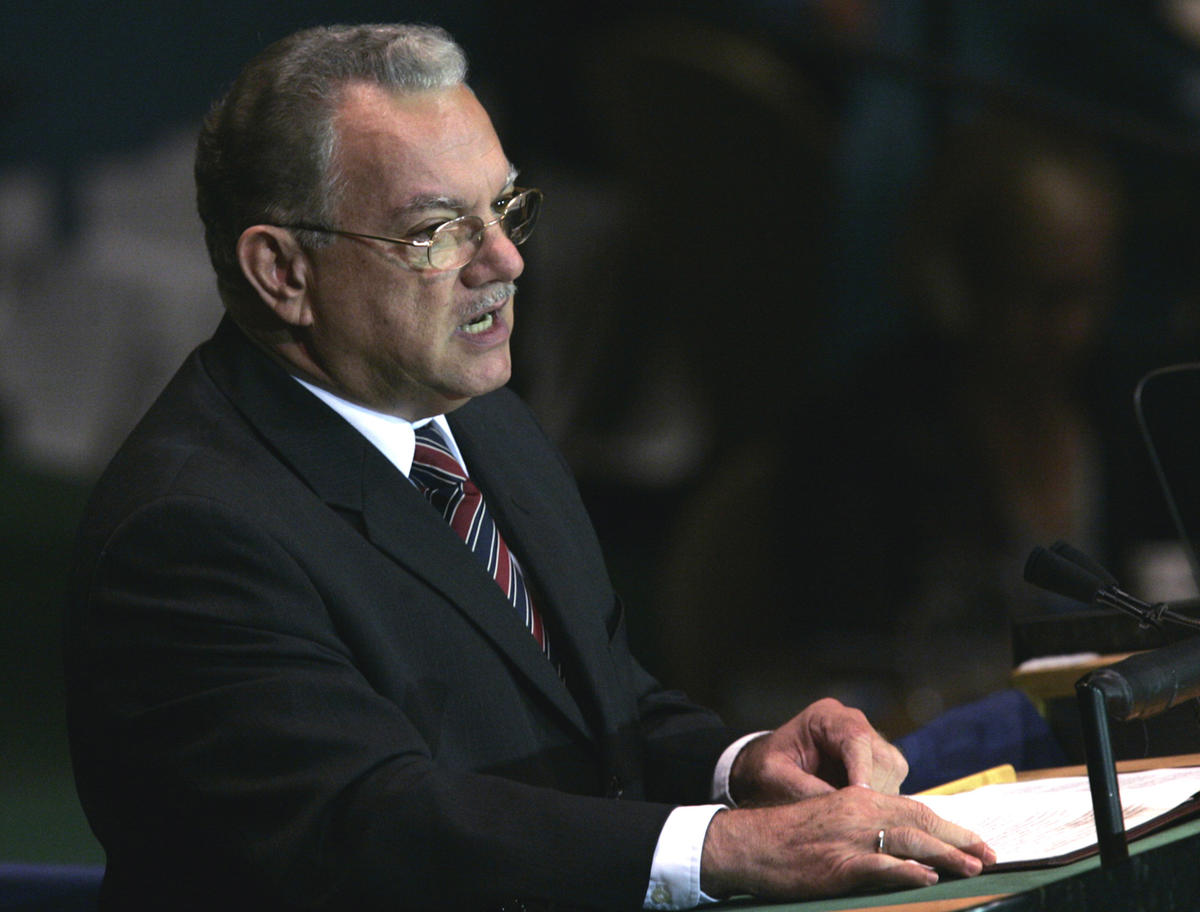UNHCR: Bay of Bengal boat movements manageable with regional cooperation
UNHCR: Bay of Bengal boat movements manageable with regional cooperation
As the resumption of dangerous sea journeys in the Bay of Bengal looms, countries in the region today affirmed that the only way to reduce loss of life at sea is by working together on comprehensive and sustainable approaches to mixed migration movements.
On Friday delegates from more than 20 countries and international organizations met in Bangkok for the 2nd Special Meeting on Irregular Migration in the Indian Ocean. They took stock of achievements since the previous meeting in late May - when some 5,000 Rohingya and Bangladeshis were eventually disembarked after weeks adrift at sea - in a bid to better prepare for future movements.
"With an unprecedented 60 million persons displaced today, it has become clear that forced displacement issues are a global phenomenon that no country can address or resolve on its own," said Volker Türk, the UN Refugee Agency's Assistant High Commissioner for Protection.
"The numbers we are seeing in this region can be managed and we welcome the regional approach," he added. "The fact that only 1,000 people have taken to boats since September offers an important window of opportunity to put those plans in place."
During the meeting, UNHCR, the International Organization for Migration (IOM) and the UN Office on Drugs and Crime (UNODC) shared a paper offering guidance to affected States on the immediate responses they could take when such movements resume. The paper outlines the need for coordinated and enhanced search and rescue efforts, predictable disembarkation as well as harmonized reception and stay. It also stresses the importance of effective screening procedures to identify people in need of international protection and vulnerable groups like women, children and victims of trafficking.
"Until the refugees among them can return home in a safe, dignified and voluntary way, we will need a creative form of temporary refuge or alternative humanitarian stay that ensures access to health, education, work," said Türk. "Allowing them to work in labour-importing countries is a win-win: It gives them dignity and self-reliance, and eases the burden on host countries."
Opening the meeting, Thailand's Foreign Minister Don Pramudwinai emphasized that solutions must run the gamut from prevention to cure and include the promotion of livelihood at home, safe migration, strict law enforcement, and temporary protection for those who have already left, pending more durable solutions.
UNHCR's Türk noted that on a recent visit to Myanmar's Rakhine state, he saw progress in seeking solutions for internally displaced people, but also heard "legitimate grievances" that remained to be addressed.
"The heart of the matter lies in ensuring a legal identity for all people on Myanmar's territory and the fundamental freedoms that must go with it, such as freedom of movement, non-discrimination, and access to services," he said. " We hope that the new Government will give this issue the attention it deserves, in light of the fact that the absence of these rights triggers displacement and has, as a result, international repercussions."
He added that the Sustainable Development Goals offer a framework for addressing root causes and ensuring that no one is left behind in health, education, work and legal identity, among other rights.
An estimated 95,000 people have made this dangerous journey since 2014, with over 1,100 dying at sea and hundreds more found buried in unmarked mass graves.
News contacts:
- In Bangkok, Vivian Tan on +66 818 270 280









